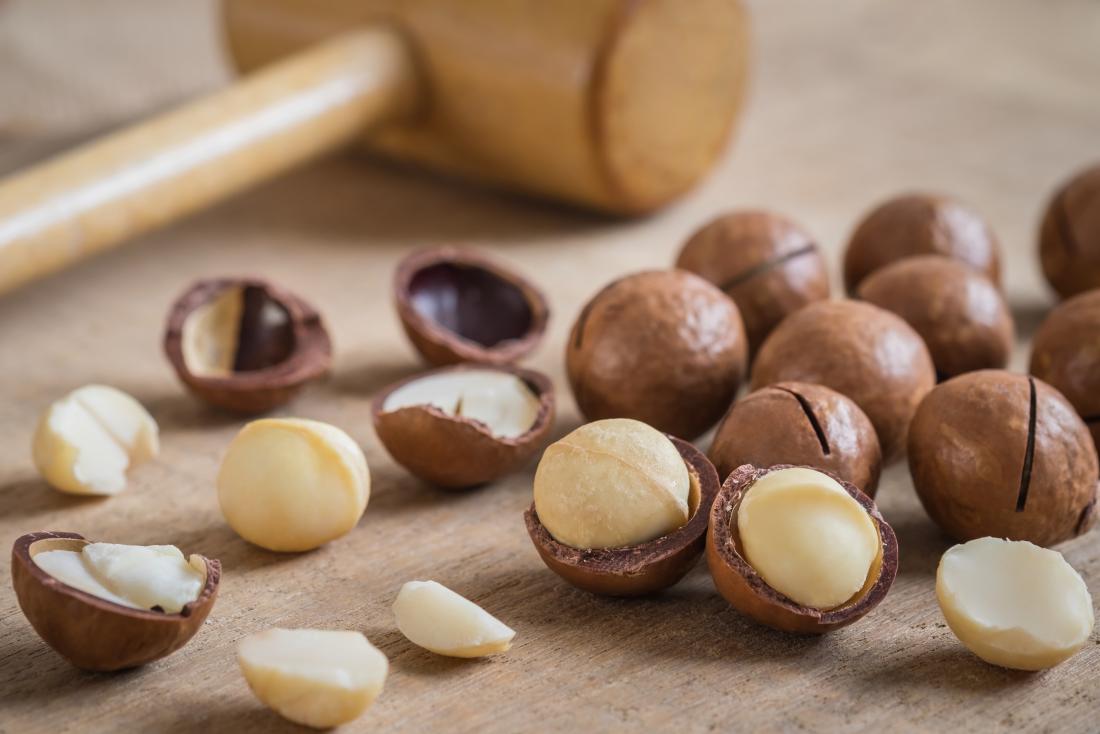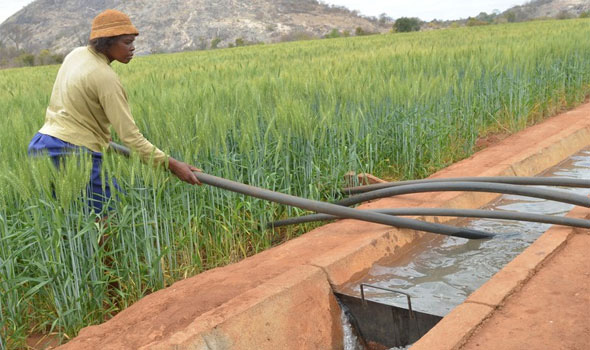Prodairy invests US$15m in expansion and growth
HARARE – Innscor Africa unit, Prodairy, has invested US$15 million to expand its production capacity over the past three years, while Mafuro Farming has invested US$6 million towards its expansion. This demonstrates a strong commitment to growth and increased operational efficiency in the industry.
In an interview, Rutanhi Beverages CEO Calum Philp stated that the company has completed all major expansion projects and is now focusing on its capacity utilisation to meet local demand. “Over the last three years, we have invested significantly in increasing our production capacity. Now, we are shifting our focus to fully utilising these capacities,” said Philp. “We are targeting double-digit growth going forward, which we have successfully achieved every year so far.”
Currently, Prodairy’s capacity utilization stands at 70%, with the surplus capacity expected to cater for the growth planned over the next two years. Meanwhile, Mafuro Farming’s capacity utilization is at 66%, with the balance of 33% also anticipated to be reached organically in the coming years.
Following the substantial investment in the local market, the company has expressed interest in expanding into the regional territories. “There is definitely an opportunity to expand into the regional market, but we haven’t yet conducted due diligence on specific projects. However, we are actively identifying potential opportunities for dairy processing in those markets,” said Philp.
For now, the company is not expanding its product portfolio, following the recent launch of the Long Life pouch for Revive Dairy Blend and Life UHT milk.
“We are not entering any new product categories in the short term,” Philp added. Instead, the focus remains on enhancing product offerings within the existing categories rather than introducing new ones.
Currently, the company’s product portfolio includes dairy beverages under the Revive brand and milk products under the Life brand.
Prodairy was established through the unbundling of the dairy activities under Probrands in January 2018. However, in Probrands, there were five years of understanding and developing its dairy portfolio from 2013 to 2018.
“When the dairy component of Probrands grew significantly, we recognized its potential for even greater expansion. We decided it would be best for it to operate as a standalone entity to ensure a dedicated dairy business with a specialized management team, rather than it being just another category under Probrands,” said Philp.
Expansion at Mafuro Farming
With a strong commitment to addressing Zimbabwe’s milk shortages, the company has invested in the milk supply chain by capacitating existing farmers and establishing its own production base through Mafuro Farming.
In 2018, Zimbabwe’s milk production capacity was approximately 75 million litres, which was far below the national requirement of 135 million liters. This shortfall led to a reliance on imports despite efforts by the government and industry stakeholders to boost local production through investment in dairy farming and supportive policies.
Currently, Mafuro Farming produces 25%–30% of the milk used in Prodairy’s product manufacturing. Growth in milk production has been achieved through greenfield milk production at Mafuro Farming and strengthened partnerships with existing farmers to help close the supply gap.
With a total herd of 2,500 animals across two farms, the company is now focusing on growing and breeding its existing stock, rather than importing new heifers into the country.
“We’ve now built the critical mass, and we are producing our own livestock. All of our growth will come from our own breeding programs,” said Philp.
Currently, Prodairy buys 26% of Zimbabwe’s milk production.
“We have now balanced our milk intake with demand, and we are no longer facing milk shortages,” Philp added. The company plans to grow its milking herd to 1 600 cows to further expand production.
Philp emphasized that one of the company’s biggest achievements has been reducing Zimbabwe’s dependence on imported dairy products, particularly from South Africa.
To further boost milk production, Mafuro Farming has introduced irrigated pasture, although the initiative requires large volumes of water and may be affected by drought. Fortunately, both farms are strategically located near water sources—one near Sabakwe Dam and the other in Marondera, on Safari Farm.
“The biggest challenge we’ve faced is the drought years. We’ve had several years of low water availability, which has put significant pressure on the business and our pastures,” said Philp.
By investing in irrigated pasture, the company has reduced feed costs by 50%, which were previously spent on purchasing stock feed. With herd expansion through breeding programs, the company now has surplus livestock and is considering exporting excess animals.
Plans to set up solar plant
Prodairy is planning to install a solar plant to mitigate power shortages affecting production. The solar plant will supply energy to the company’s factories in Ruwa.
“The inconsistency of power from ZESA has forced us to invest in alternative energy sources. We are currently finalising due diligence on a significant solar project that will cover the vast majority of our energy requirements,” said Philp.
Foreign supply chains remain stable
While many companies are struggling with foreign currency shortages due to tight monetary policies by the Reserve Bank of Zimbabwe (RBZ), Prodairy’s raw material supply chains remain stable.
“We do not have an issue with raw material supply. All the foreign currency we require for imports we access from our customers and the commercial banks through the willing buyer and willing seller platform, said Philp. “It’s about how we distribute our products—most of our sales go through formal wholesale channels, allowing us to access the required foreign currency through those channels.”
Despite the changing landscape, which has negatively impacted traditional retailers, Philp noted that Prodairy focuses on formal wholesalers as the key route to market.
Philp also acknowledged that OK Zimbabwe is struggling, but “we are looking at ways of how we can continue to support the retailer.”
-finx










